Klinger’s Korner: Model & Teach Healthy Coping
Author: Andy McNiel
“Children are keen observers but poor interpreters.” ~ Rudolf Dreikurs
Children are like sponges, absorbing the world around them. They watch our actions during and reactions to situations as they occur. They hear the words we say in various settings and circumstances. They are paying attention to the way we react to them — when they play, when they are upset, and when they are afraid. Children are observing us and learning from us how to be in the world. They are learning how to solve problems, how to self-regulate, and how to manage stressful situations.
At the same time, children are not always the best at interpreting things they are seeing and hearing. They do not always understand the context in which things are happening. Children also do not have the same life experience as the adults in their lives, and so, interpret things they are seeing with their limited knowledge of the world. All of these things are true for children when they are grieving the death of a person in their life.
Parents and caregivers for children have a unique opportunity to model and teach healthy ways to cope with grief. Grief is not a problem we can fix for our children, nor is grief something we can remove from their lives. Grief is an experience we all live through, and this is no different for our children. One of the ways we can help our children after loss is to give them tools to cope with the thoughts and emotions that accompany grief. Here are some ideas of ways we can model and teach healthy coping to our children and teenagers.
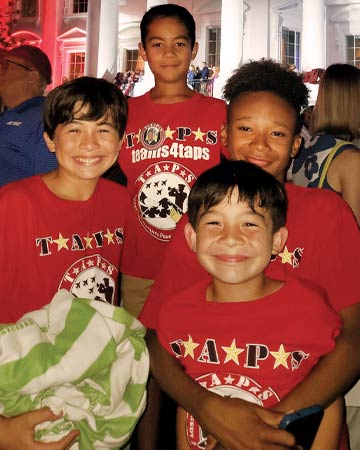
Model Self-Control and Self-Regulation
Children learn how to manage their reactions to situations from observing the adults in their lives doing this themselves. We can model for our children how to choose our actions to situations rather than to simply react to a situation. We choose our actions when we slow down and recognize what is going on within us physically, mentally, and emotionally during a situation. Self-awareness is the first step to being in control of actions, learning to regulate, and choosing how we will react to our circumstances.
Try these steps the next time you are in a stressful situation or when you are experiencing your grief in an intense way. Like you would in a science experiment, observe your own thoughts, feelings, and physical reactions. Rather than trying to push them away, pay attention to how you are reacting in all of these ways. Remind yourself that you are OK and that the reactions you are having will pass. Take a few deep breaths, and as you do, begin to consider how you will outwardly express the thoughts and feelings you are having.
Practice these steps, and in time you will find that you have choices about how to react to your grief or to other stressful situations. Though we cannot control our circumstances, we are able to choose the attitude we will take in the midst of that circumstance. As you learn to do this you can model and teach this to your children.
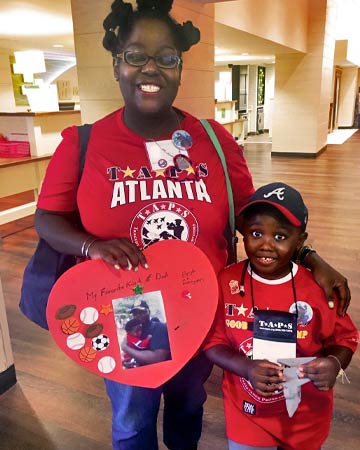
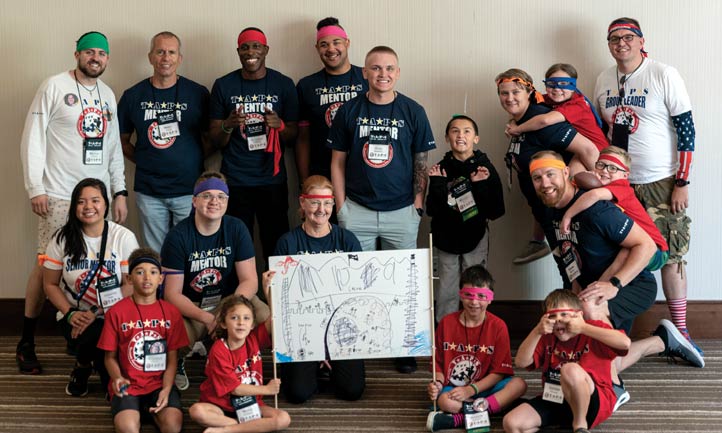
Practice Gratitude
There are many values we can teach our children including patience, forgiveness, kindness, and humor. These are all important in their own way. However, one value we can teach them that will help them through challenging times is gratitude. The ability to find things we are grateful for even when we are facing difficult circumstances can help us live more balanced lives. The reality is that both good and bad things can happen to us at the same time. This is true almost every day in both big and small ways. The challenge is that when bad things happen, this often casts a shadow over all of the positive things we still have in our lives.
This is the reason we are suggesting to “practice” gratitude. When we are grieving or going through a difficult situation, it is not always our first thought to find things for which to be grateful. As challenging as it may be, take a few moments at the start or end of each day to consider at least three things for which you are grateful. Write them down each morning or evening no matter how hard it might be to do so. This routine discipline can, in time, help you to be more balanced in your thoughts, perspectives, and overall reactions. This is an activity you can do as a family on a daily or weekly basis. Make it a morning or evening ritual — perhaps at the breakfast table or at bedtime.
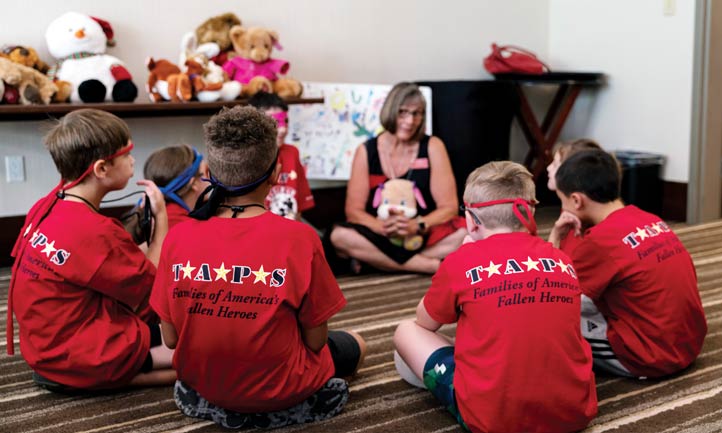
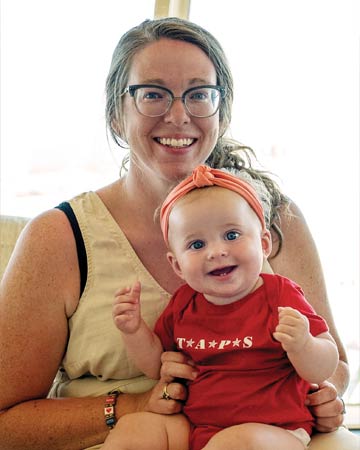
Demonstrate Empathy
If we learn anything from our own tragedies and grief, it is the depth of suffering that we can experience as human beings. This gives us insight into the struggles of others around us and the opportunity to be empathetic to the needs of others. TAPS has story after story of survivors who, after receiving support and care, turn around and give that same support and care to others. Children learn empathy from us when we recognize the pain of others and demonstrate caring and kindness. This also enables us to step outside of our own situation for a moment and experience the healing that comes with helping others.
While you can do this individually, you can also do this as a family. Find opportunities to do kind things for people, such as making a batch of cookies and sharing them with neighbors or volunteering to help a local charity. We all have different amounts of time we can give to this. Decide what will work for you and your family and make doing things for others a priority—in time you will see the positive change this makes within you and your children’s lives.
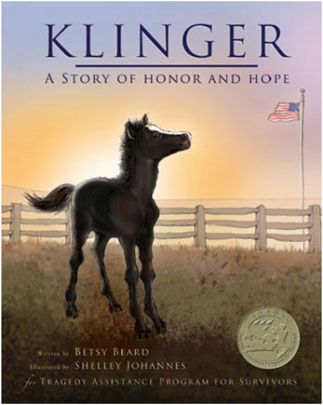
Klinger, A Story of Honor and Hope
Based on Klinger, a real horse that serves in the Caisson Platoon in Arlington National Cemetery, Betsy Beard’s Klinger is an endearing story written for TAPS honoring all of America’s beloved fallen heroes. The children’s book illustrates a young horse dreaming of fame as a racehorse, struggling to achieve his dreams, and then finding fulfillment in honoring fallen heroes and bringing comfort to their families. A journey of loss, grief, and hope, Klinger is a wonderful and helpful book for young children experiencing grief over the death of a military loved one. Learn more about Klinger.

TAPS Youth Programs
TAPS offers support programs for children and teenagers grieving the death of a military family member. Led by caring professionals in child development, grief support, mental health, and education, TAPS Youth Programs provide safe spaces for military children to be supported in their grief while also experiencing fun, adventure, mentorship, and camaraderie. We invite you to visit TAPS Youth Programs to explore available events, including Good Grief Camps, Family Camps, online groups, and online workshops.
Andy McNiel, MA, is the Senior Advisor, TAPS Youth Programs.
Photos: TAPS Archives
